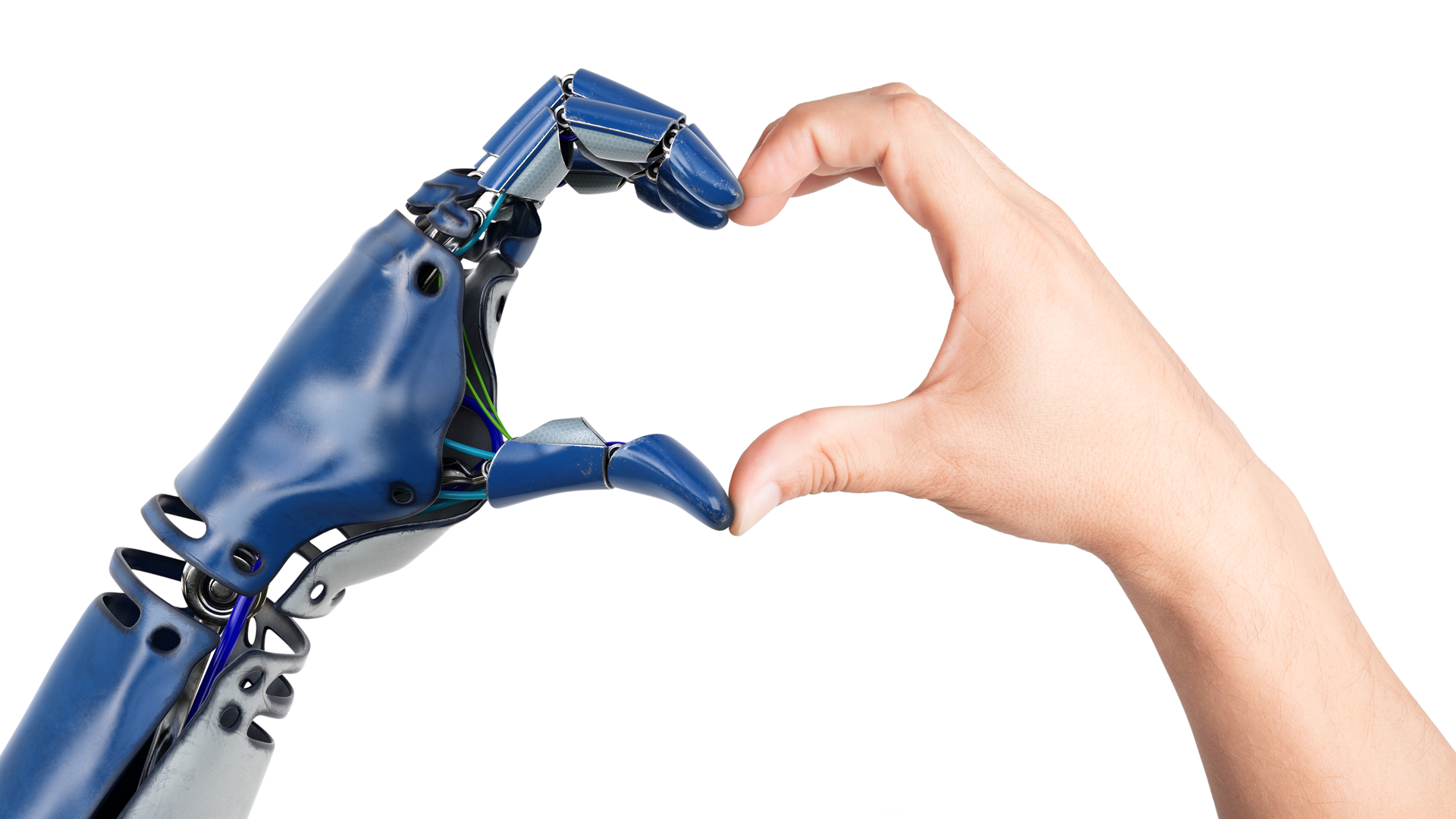The Rise of AI Applications: A Comprehensive Overview
Author: Tech Analysis Team

As artificial intelligence continues to evolve, it is reshaping numerous aspects of our daily lives. The integration of AI technologies into various sectors is not only revolutionizing how we interact with technology but also enhancing our understanding of emotional intelligence in machines. An opinion piece from The Star raises an intriguing question: are humans more emotionally intelligent than AI chatbots? It emphasizes the surprising capabilities of modern chatbots in providing emotional support and understanding user sentiments.
In the realm of consumer support, Eric Hal Schwartz from TechRadar discusses five ways people leverage AI for assistance, forming relationships with chatbots and intelligent systems that can understand and respond to emotional cues. This evolving interaction signifies a shift towards greater reliance on technology for personal support, particularly as it becomes more sophisticated in understanding human feelings and reactions.

An AI chatbot engaging with users on emotional intelligence.
Moreover, Google has recently launched the ‘Doppl’ app, a groundbreaking application that allows users to virtually try on outfits before making a purchase. This innovative use of AI integrates augmented reality technologies to enhance the shopping experience. Shoppers can visualize how different styles would look on them, which not only aids in decision-making but also contributes to a more personalized shopping experience.
The practical implications of Doppl extend beyond mere convenience; they pose questions about how AI applications are changing the fashion retail landscape. On one hand, these technologies enhance customer satisfaction by providing a tailored experience; on the other hand, they compel retailers to adapt to rising expectations regarding personalized services.

The Doppl app enables virtual try-ons, transforming the shopping experience.
As AI technology continues to progress, the emphasis on effective user experience reflects a broader trend within the industry. The upcoming game, Forgotten 23, set to debut on Steam, showcases how independent developers are leveraging AI for immersive storytelling in gaming. This highlights the increasing intersection of AI with creative industries, pushing not just gaming experiences but also narratives that resonate emotionally with audiences.
On another front, a fascinating report discusses a scientific initiative aiming to utilize AI for modeling virtual cells. This endeavor poses exciting possibilities in biotechnology, where virtual cell models could improve our understanding of biological processes and drug responses. Stephen Quake's project illustrates how AI might significantly streamline biological research, moving it away from traditional methods that rely heavily on manual experimentation.

AI-driven virtual cell modeling could revolutionize biological research.
As part of the broader AI industry developments, OpenAI is making headlines with its decision to utilize Google's AI chips for its products. This strategy not only signifies an important partnership in the tech landscape but also reflects a desire to reduce dependencies on traditional chip manufacturers like Nvidia. This shift is particularly noteworthy, given Google's competitive stance in the AI field.
In the context of increasing collaborations, it is clear that the future of technology lies in intersections between various sectors, ultimately resulting in more innovative and user-centric solutions. The implications of these advancements extend into how consumers perceive technology, specifically their willingness to trust and rely on AI in various facets of their lives.
As we witness these advancements, the landscape of technology, especially regarding AI applications, continues to expand. From fashion to internal biological processes, the integration of AI represents a huge leap forward in efficiency and personalization, fostering a new era of human-computer interaction that prioritizes emotional intelligence and user satisfaction.
In conclusion, the advancements in AI technologies are profound and multifaceted, shaping how we engage with both technology and interpersonal relationships. As AI continues to evolve, it stirs a mix of excitement and apprehension among users, highlighting the ongoing dialogue regarding AI's role in society and the potential ethical implications of its advancements.